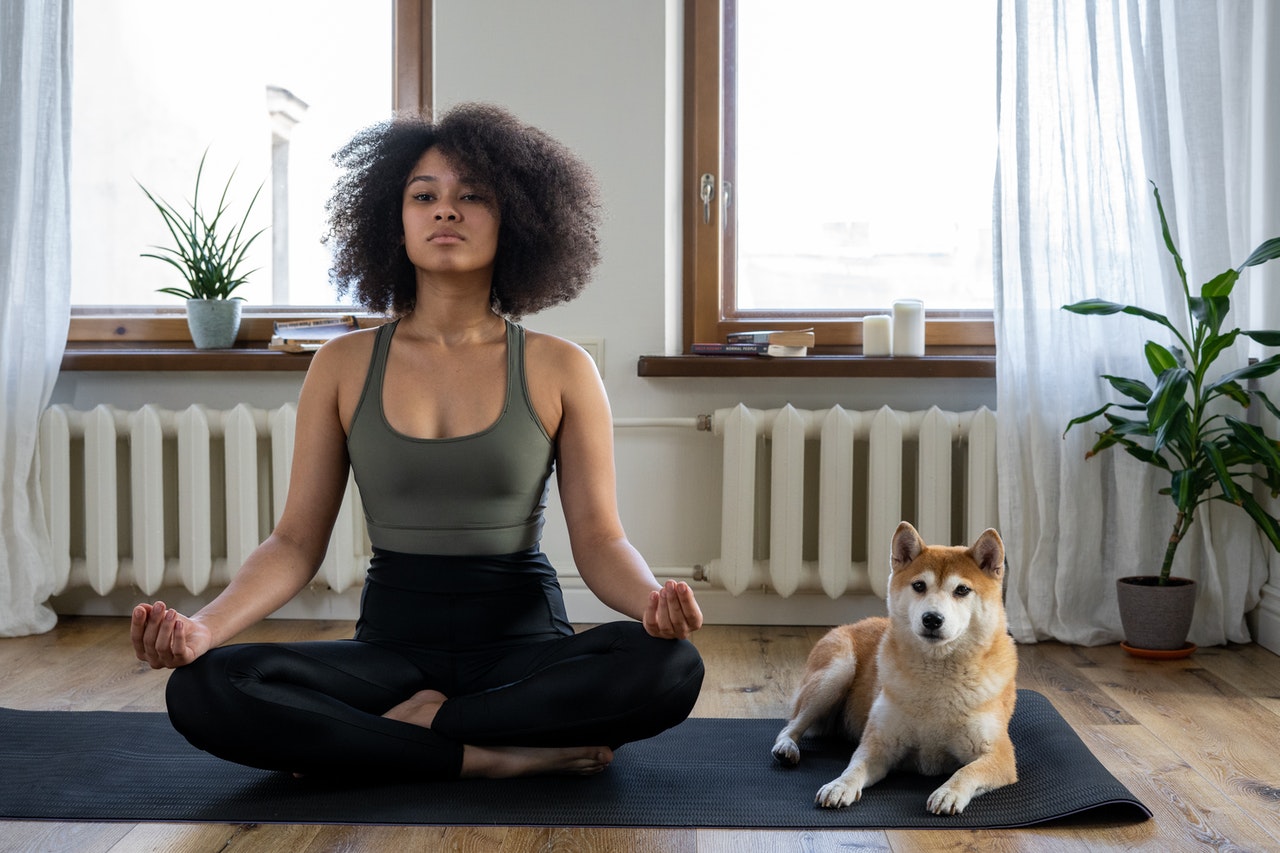There's no doubt about it: 2020's been tough. We've had to adjust to mask-wearing and social distancing; school, business, and church closures; and widespread job losses. We've seen the Movement for Black Lives and civil disobedience gain even more prominence with the murder of George Floyd in May. We've faced a seemingly endless election season, ending with a massive surge in coronavirus cases as well as additional closures. All this, while we continue to work, take care of our families, and maintain our personal and professional relationships.
To overcome all that lies before us, we must practice self-care. Taking time for ourselves is no longer something we can afford to put off until tomorrow. And while we may no longer be able to take that vacation planned at the top of the year, we can still create space for ourselves in other ways.
The practice of meditation provides you the opportunity to filter out the stressors of the world, rebalance your emotions, and replenish your spirit. You don't need any pricey equipment or fancy smartphone app — just yourself and a dedicated bit of time.
If you're new to meditation, here's how you can get started.
The Basics
First, free up some time — perhaps 10 to 20 minutes to start — where you will be relatively uninterrupted. Next, forget what you may have seen online or on television: you don't have to sit in a robe, cross-legged in a temple or outdoors. Make sure you're dressed in something relatively comfortable. That could mean sweats for some or kicked off shoes for others. Just make sure you're not uncomfortable with what you're wearing. Also, pick a comfy place to sit (though not so comfy that you risk dozing off). Sit with your back straight and your hands resting comfortably by your sides.
Now, for the time allotted, focus on your breathing. Try to avoid fixating on specific things — especially stressors — too much. Instead, let your mind wander as you breathe in and out. Keep your eyes open or close them — your choice. And avoid fidgeting or shifting too much. Just breathe.
As far as basic meditation, that's all there is to it. When you're done, you may feel more clear-headed or energetic. However, you may also not feel anything immediately. Meditation's biggest benefits come over time, as you incorporate the practice into your daily life. Keep at it to become more self-aware, improve your mood and concentration, and decrease stress and anxiety.
Meditating with Affirmations
Many people meditate while repeating a positive affirmation — a positive statement you repeat to yourself that can help prevent you from fixating on negative thoughts. When using affirmations, find ones about areas of your personal life you'd like to improve. If you can't find one that feels natural to you, develop your own. If you're looking to work on your confidence, you might say, "I am a confident individual, capable of anything I set out to do," or something similar. Your affirmation does not have to be complicated, and it should be short enough that you can say it a few dozen times during your session.
There are many more complex forms of meditation and meditative practice. But starting with these basics can help stand you in good stead as you continue to tackle the challenges of the day.
